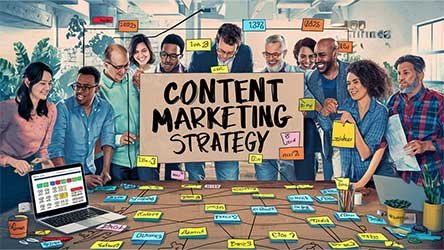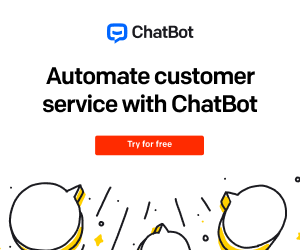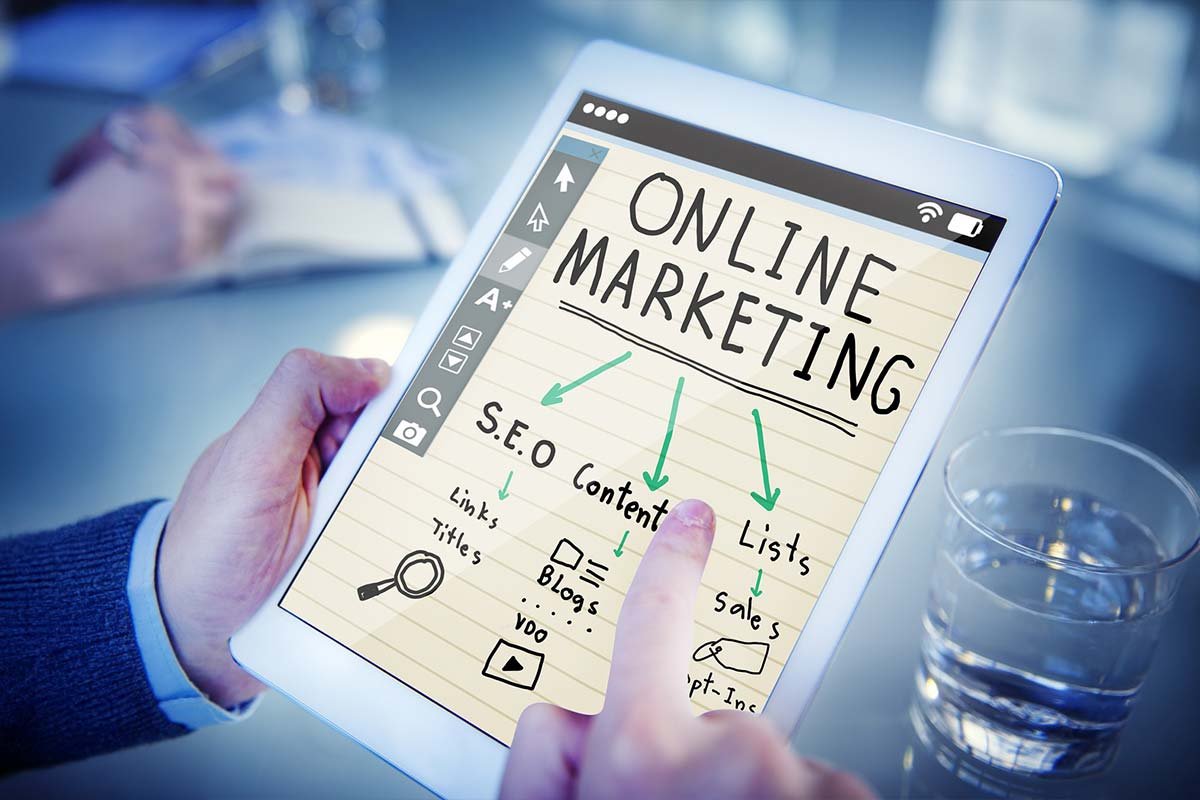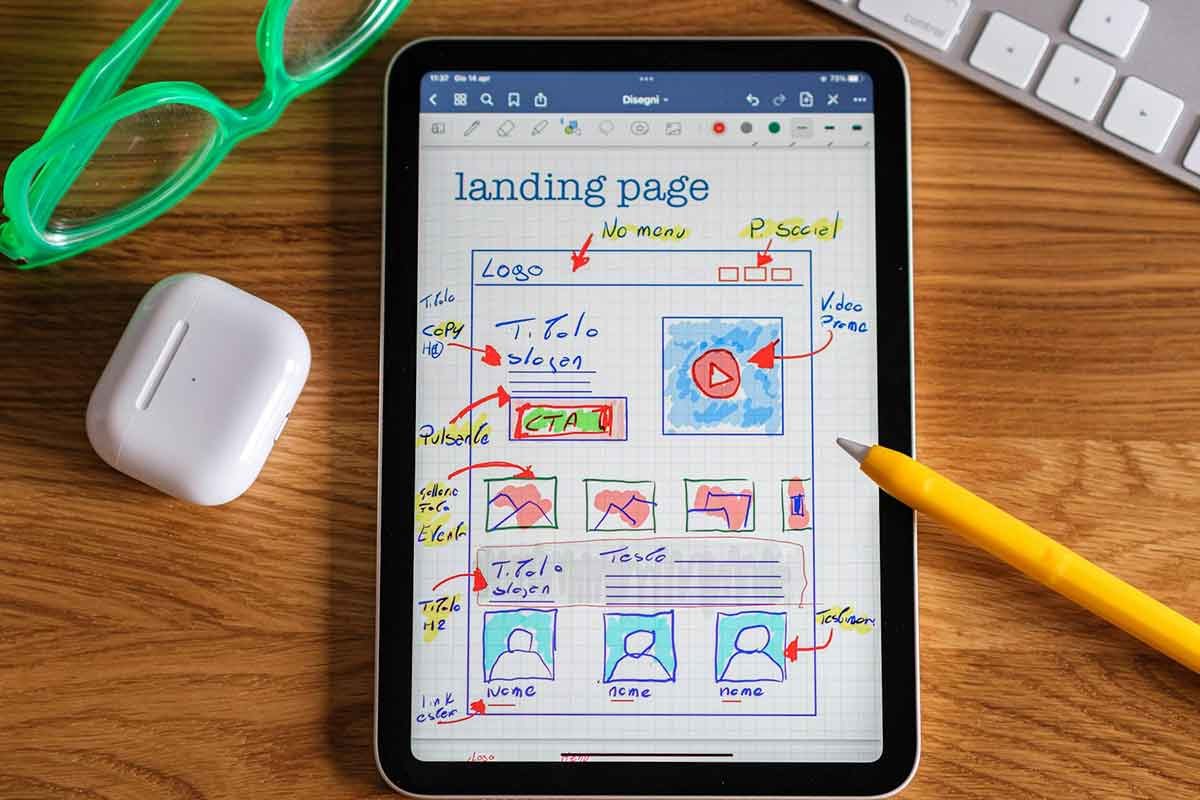10 Powerful Sales Funnels to Skyrocket Your Digital Marketing Success
- Introduction: The Power of Sales Funnels in Digital Marketing
- Awareness Stage: Capture Attention with Compelling Content
- Interest Stage: Offer Value and Build Trust
- Consideration Stage: Educate and Showcase Solutions
- Decision Stage: Overcome Objections and Close the Deal
- Delight Stage: Exceed Expectations and Foster Loyalty
- Upsell Stage: Offer Complementary Products or Services
- Cross-sell Stage: Introduce Related Products or Services
- Repeat Purchase Stage: Encourage Repeat Business
- Referral Stage: Leverage Customer Advocacy
- Advocacy Stage: Turn Customers into Brand Ambassadors
- Sources
- Conclusion
- Next Steps
FAQ
- What is SEO Audit?
- What are the best hosting providers?
- What are some powerful strategies to drive online growth?
- How to boost sales with effective marketing?
- What is Marketing Analytics and Business Intelligence?
Introduction
In today’s digital landscape, mastering the art of sales funnels is no longer a luxury, it’s a necessity. These carefully crafted pathways guide potential customers from initial awareness to conversion, nurturing their interest and building trust at every stage. By implementing these 10 powerful sales funnels, you can transform your digital marketing strategy and skyrocket your business success.
1. Awareness Stage: Capture Attention with Compelling Content

- Goal: Introduce your brand and pique the interest of your target audience.
- Strategies: Create high-quality blog posts, engaging social media content, and informative infographics.
- Example: A fitness brand publishes a blog post on “5 Effective Exercises for Building Muscle at Home,” attracting fitness enthusiasts and establishing expertise.
2. Interest Stage: Offer Value and Build Trust

- Goal: Provide valuable resources and establish yourself as a trusted authority.
- Strategies: Offer free e-books, host webinars, and participate in industry forums.
- Example: A financial advisor offers a free e-book on “Investing for Beginners,” educating potential clients and building trust.
3. Consideration Stage: Educate and Showcase Solutions
- Goal: Educate your audience about your products or services and demonstrate their value.
- Strategies: Create case studies, product demos, and customer testimonials.
- Example: A software company publishes a case study highlighting how their product helped a client increase sales by 20%.
4. Decision Stage: Overcome Objections and Close the Deal
- Goal: Address any remaining concerns and encourage purchase decisions.
- Strategies: Offer free trials, limited-time discounts, and personalized consultations.
- Example: An online clothing retailer offers a 10% discount for first-time customers, incentivizing purchase.
5. Delight Stage: Exceed Expectations and Foster Loyalty

- Goal: Exceed customer expectations and build long-lasting relationships.
- Strategies: Provide excellent customer service, offer loyalty programs, and send personalized thank-you notes.
- Example: An e-commerce store sends a handwritten thank-you note to each customer, fostering a sense of appreciation and loyalty.
6. Upsell Stage: Offer Complementary Products or Services
- Goal: Increase customer lifetime value by offering relevant upsells.
- Strategies: Suggest complementary products or services during checkout, offer bundled packages, and provide exclusive discounts.
- Example: An online retailer suggests a matching scarf when a customer purchases a coat, increasing average order value.
7. Cross-sell Stage: Introduce Related Products or Services
- Goal: Expand customer reach and generate additional revenue.
- Strategies: Recommend related products or services based on customer purchase history, offer cross-sell bundles, and personalize email marketing campaigns.
- Example: A streaming service recommends movies based on a customer’s viewing history, increasing engagement and potential revenue.
8. Repeat Purchase Stage: Encourage Repeat Business

- Goal: Convert one-time customers into loyal repeat buyers.
- Strategies: Offer loyalty programs, send personalized email campaigns, and provide exclusive discounts for repeat customers.
- Example: A coffee shop offers a free drink after every 10 purchases, encouraging repeat business and customer retention.
9. Referral Stage: Leverage Customer Advocacy
- Goal: Encourage customers to refer their friends and family.
- Strategies: Implement referral programs, offer incentives for referrals, and make it easy for customers to share their positive experiences.
- Example: A restaurant offers a free appetizer to both the referring customer and the referred friend, promoting word-of-mouth marketing.
10. Advocacy Stage: Turn Customers into Brand Ambassadors
- Goal: Cultivate a community of loyal brand advocates.
- Strategies: Host exclusive events for loyal customers, offer early access to new products, and recognize and reward top advocates.
- Example: A sports apparel brand invites its top customers to a VIP event, fostering a sense of exclusivity and brand loyalty.
Sources
General Sales Funnels:
- HubSpot: https://blog.hubspot.com/sales/sales-funnel
- ClickFunnels: https://www.clickfunnels.com/blog/what-is-a-sales-funnel/
- Shopify: https://www.shopify.com/blog/sales-funnel
Conclusion
In today’s digital landscape, mastering the art of sales funnels is crucial for driving business growth. By implementing these 10 powerful sales funnels, you can effectively guide potential customers through their buying journey, building trust, nurturing interest, and ultimately converting them into loyal patrons.
Remember, the key to success lies in understanding your target audience, providing value at every stage, and continuously optimizing your funnels for maximum impact. By embracing these principles and implementing these powerful sales funnels, you can skyrocket your digital marketing success and achieve your business goals.
Next Steps
Ready to transform your digital marketing strategy? Start by identifying your target audience and mapping out their customer journey. Then, implement these 10 powerful sales funnels, tailoring them to your specific business needs and goals. Remember, the journey to digital marketing mastery is an ongoing process, so continuously monitor your results and make adjustments as needed. With dedication and a data-driven approach, you can achieve remarkable results and establish your brand as a leader in your industry.






